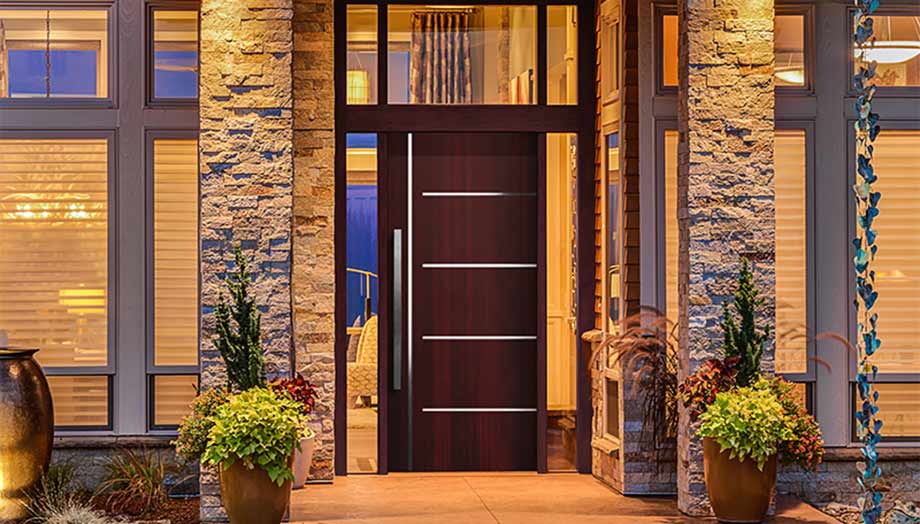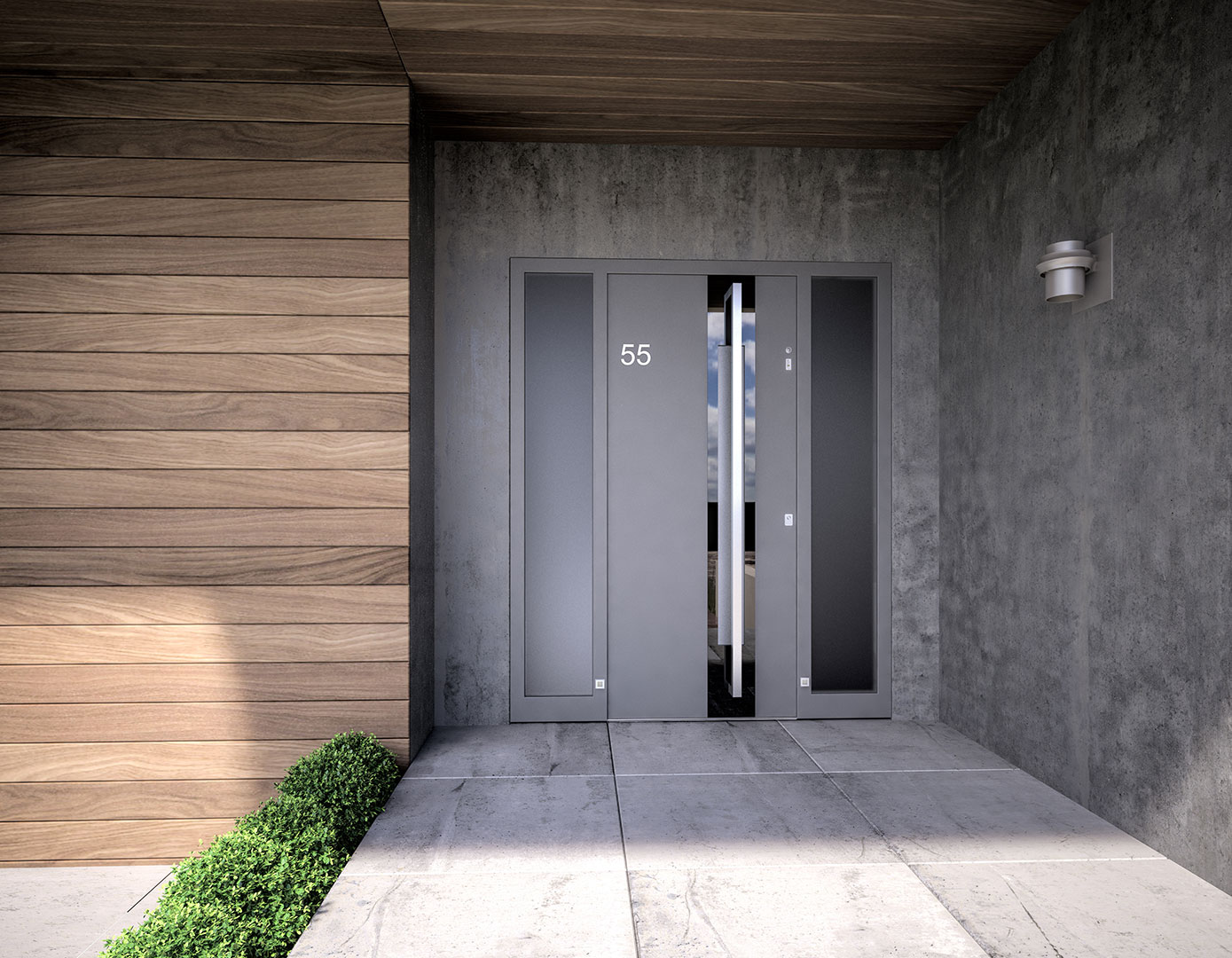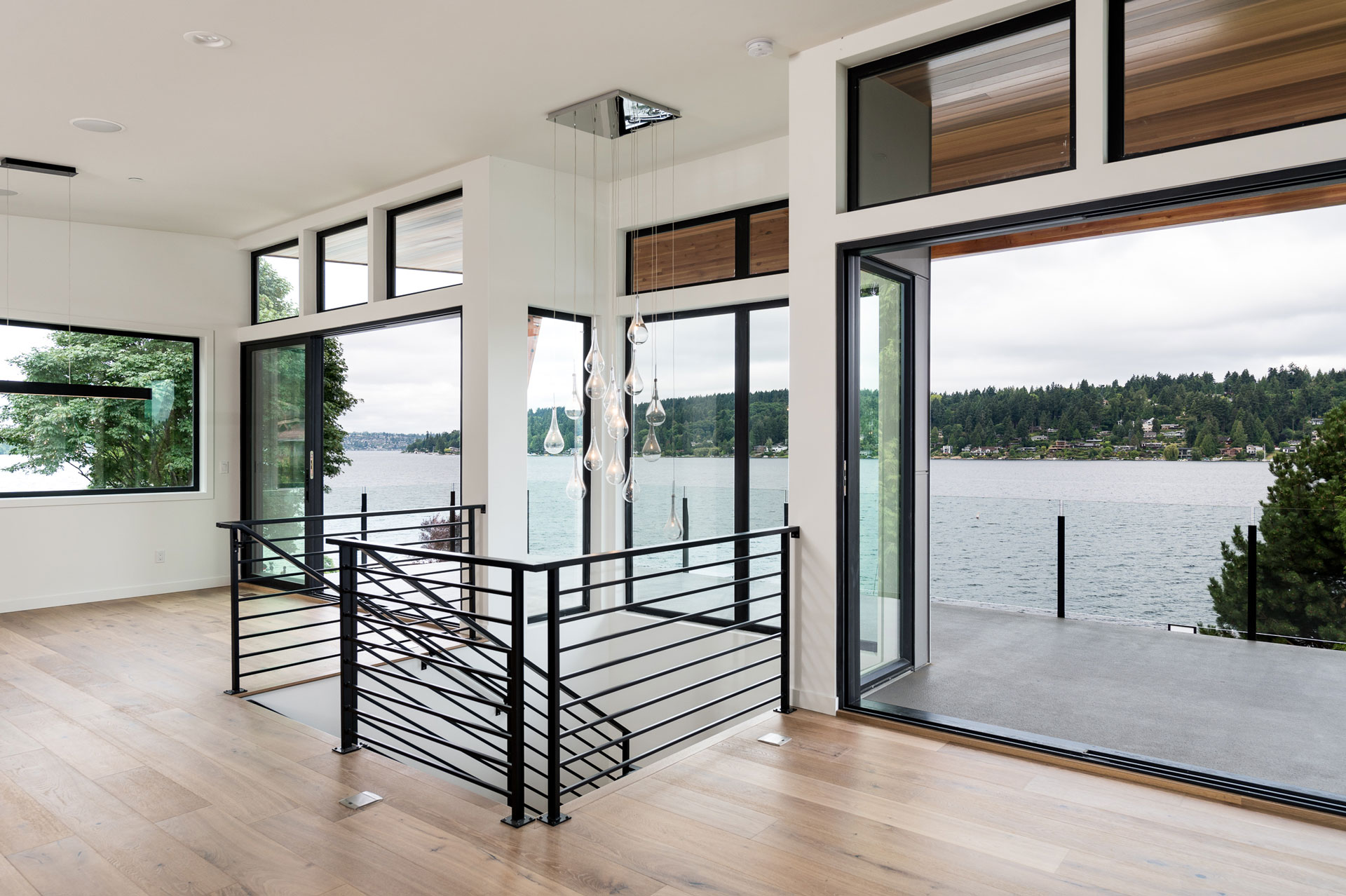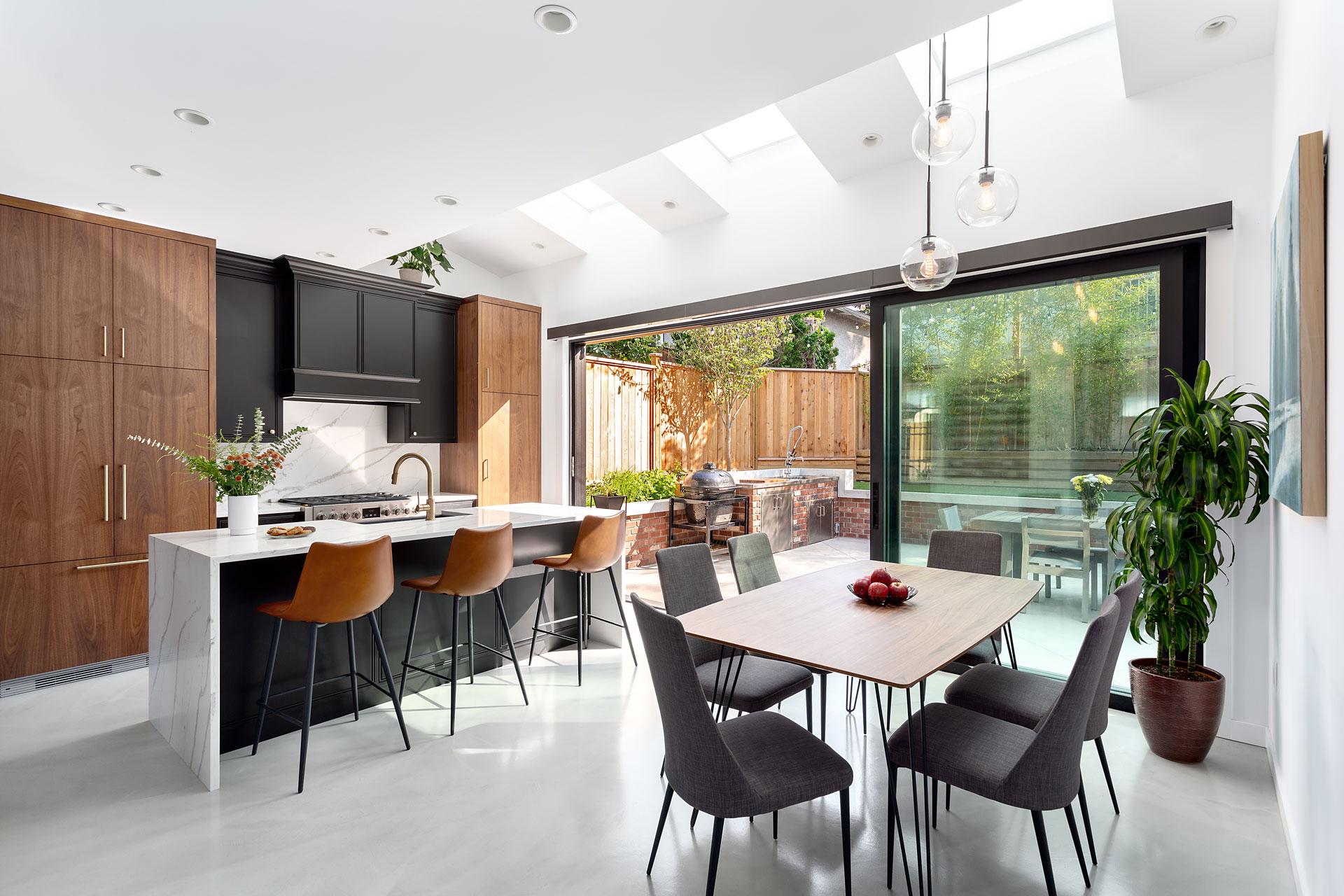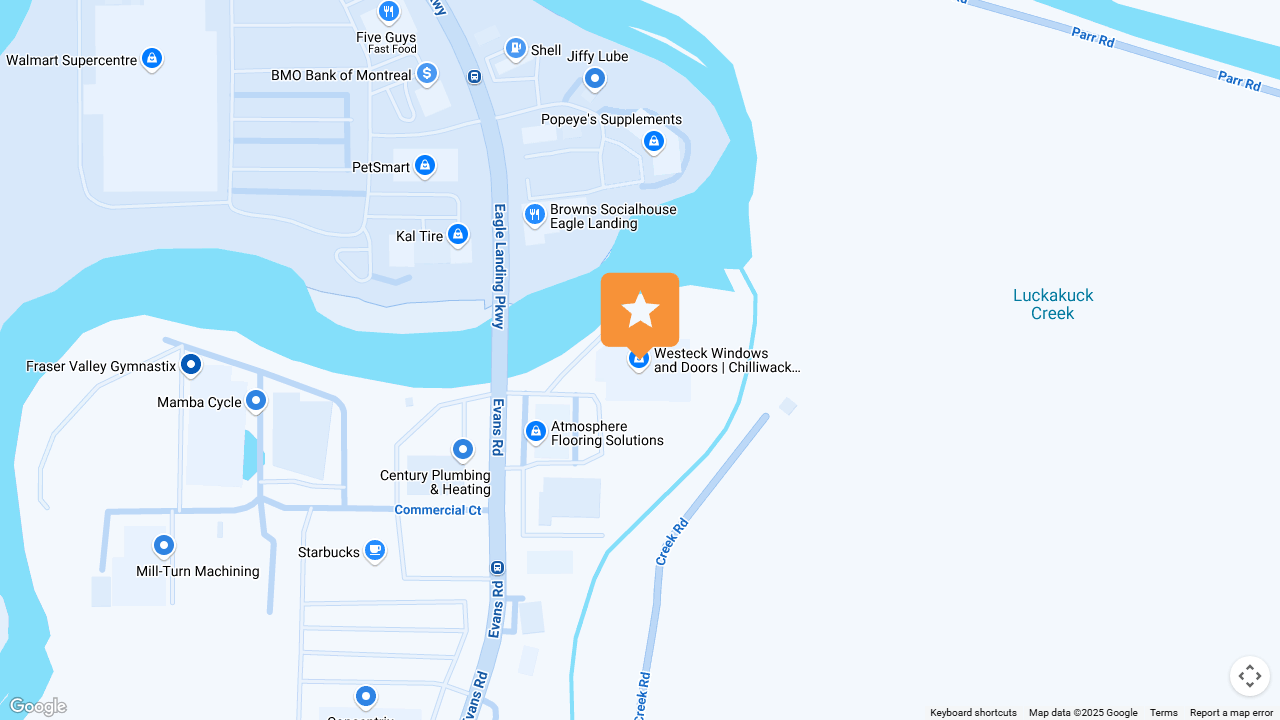Content courtesy of Pembina Institute
Aligning Incentives with Climate Change Goals.
Ensuring utility demand-side measures are effective tools to meeting climate and energy goals.
British Columbia has taken a big step towards achieving its net-zero commitments for buildings and energy efficiency from windows with low U-values, and by proposing changes to the Demand-side Measures Regulation, which governs demand-side management (DSM) programs for gas and electric utilities in the province.
DSM programs are crucial in encouraging customers to reduce energy consumption and manage supply through initiatives like efficiency improvements, awareness campaigns and programs to support low-income households in reducing their energy consumption while increasing affordability. These changes aim to align the province’s utility DSM programs with the CleanBC Roadmap to 2030, emphasizing electrification, affordability and market readiness for future efficiency standards.
The proposed changes to the DSM regulation are a good start towards transitioning B.C.’s homes to cleaner sources of heating, while improving affordability. In our paper, Effective demand-side energy measures: Aligning utility incentives with B.C.’s climate and energy goals we provide recommendations for the B.C. Utilities Commission (BCUC) to ensure the effective implementation of demand-side policies and investments that contribute to achieving B.C.’s net-zero targets by 2050.
Phase out of incentives for conventional gas furnaces and boilers
B.C. currently provides incentives for replacing old furnaces or boilers with more energy efficient ones. On the surface this seems like a good idea, but this new equipment only provides minimal cost and greenhouse gas (GHG) reductions. Heat pumps can provide energy and cost savings, while transitioning homes away from gas-powered heating.
It’s essential that these incentives are rapidly phased out and replaced with support for heating equipment that can perform at least 100 per cent efficiency. This will ensure the adoption of more energy efficient, cost-effective electric heating equipment, while preventing owners from rushing out to replace their furnaces with new ones early to access existing incentives – an event which could delay the greening of B.C. energy grid by 20 years or more.
Applying the phase out to social housing
Allowing incentives for conventional gas equipment in social housing may alleviate the upfront renovation costs associated with converting social housing developments to electric heating, but it goes against long-term financial interests for the province, as well as its climate goals.Over time, both fossil-based and renewable gases are expected to become more expensive compared to the renewable energy alternatives that increasingly power B.C.’s electricity grids. Continuing to use combustible fuels will increase the cost to heat this housing as carbon taxes and other carbon offset costs continue to rise.
Transitioning FortisBC’s retrofit pilot to a standard offering
FortisBC’s retrofit pilot program makes the utility an industry leader when it comes transitioning its customers away from fossil fuels, but the program is currently focused on reducing emissions by purchasing renewable natural gas. This fuel source will, as we discussed above, likely increase in cost and won’t provide the depth of emissions reductions required to meet CleanBC targets.The province should work with the utility to transition its deep retrofit pilot program into a standard offering that focuses on reducing emissions through energy efficiency upgrades for customers that include upgrades to home insulation and ventilation and replacing gas heating equipment with electric alternatives.
Supporting hybrid systems
Supporting DSM regulations that allow gas utilities to pilot hybrid systems powered by low-carbon gaseous fuels could help manage increasing electricity demand as B.C.’s grid transitions to accommodate higher electricity use caused by the electrification of things like buildings and vehicles. It will be important that rate structures are revised to ensure electric heating is affordable and incentivize running the hybrid systems on electricity with the natural gas kicking in as a backup.Creating a 2030 to 2050 energy plan
While the proposed changes to DSM regulations are a crucial step towards achieving B.C.’s net-zero goals, there is still a need for more clarity in planning to ensure regulations and laws work together to achieve the province’s climate and equity goals. Net-zero cannot be achieved if low-income British Columbians can’t afford it and Indigenous peoples and communities are left out. A comprehensive 2030 to 2050 energy plan should be developed to evaluate the best paths to net-zero and guide utility investments to reduce emissions, while ensuring existing legislation works effectively to support low-income households and provide energy opportunities for Indigenous communities.By implementing these recommendations, B.C. can move closer to its net-zero targets and set an example for other regions striving for sustainable and equitable energy systems.
At Westeck Windows and Doors, we manufacture bespoke fenestration products that will provide benefit to the specific needs of the project. Working with main contractors, architects, designers and clients, we recognize the requirements of each development are unique, and provide a custom solution to suit.
Westeck manufactures innovative windows for maximizing the view, ease of operation and impressive thermal performance. If you or your architect can design it, our specialty department can most likely build it.Westeck Windows and Doors now has 30+ sales professionals, across offices in BC – Vancouver, Chilliwack, Victoria, Nanaimo, Kelowna and Washington State – Kirkland and Bellingham
